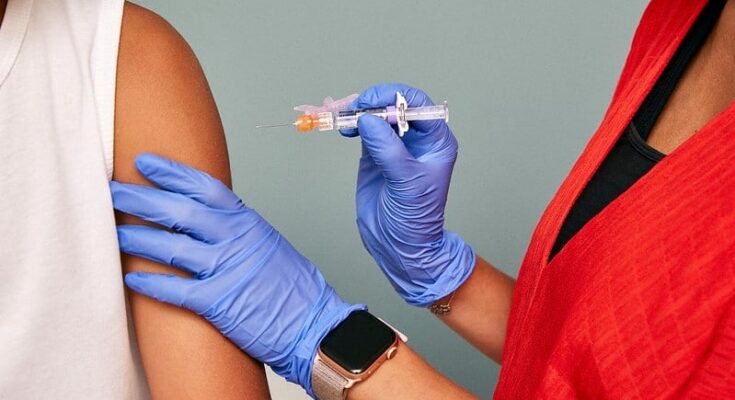On Tuesday, the World Health Organization (WHO) spoke in support of vaccination for mpox, formerly called monkeypox. The announcement was made following a sharp increase in cases of the new strain of mpox virus.
The WHO suggested that vaccination be directed to individuals at risk of exposure to the viral disease. It has to be noted that the WHO has not yet proposed mass vaccination similar to what we saw during the COVID-19 pandemic.
The global health agency of the United Nations (UN) suggested that each case be considered individually, based on the detailed health profile of each person and whether he or she might visit places where mpox has managed to spread significantly.
Vaccines recommended by WHO
The WHO was quite specific in its announcement. It recommends the use of MVA-BN or LC16 vaccines. Alternatively, in the event that those vaccines are unavailable, the ACAM2000 vaccine might also be used.
These vaccines were originally developed for the fight against smallpox, which has now, fortunately, been eradicated. The vaccines have been approved in various countries for use against mpox as well. Results have proven they are quite effective against the disease.
The WHO also suggested that travelers at risk based on personal circumstances might also benefit from mpox vaccination. They should, of course, firstly consult with their physicians.
Mpox is a disease that evolved in the Democratic Republic of the Congo in 1970. Parts of Africa are especially vulnerable and were hotpots for what once known as monkeypox. Approximately two years ago, in the summer months of 2022, the disease began spreading uncontrollably, affecting many more places and individuals.
The WHO then declared a global outbreak, meaning mpox would be deemed a public health emergency. This viral disease can be quite contagious. However, it can only be transmitted through close contact, and, occasionally, via contaminated objects and surfaces affected by carriers.
Common symptoms of mpox include a particularly annoying skin rash, which can last between two and four weeks. Carriers might also suffer from fever, headache, muscle aches, back pain, low energy, and swollen lymph nodes.
Preventing the spread of mpox
The WHO has announced that, in addition to vaccination, a number of other measures might also prevent mpox contamination.
Cleaning and disinfecting surfaces or objects and washing hands after touching potentially contaminated items, as we also learned during the COVID-19 pandemic, might also help prevent transmission.
Sweden first to report new mpox strain, Greece offers vaccination
Sweden was the first nation outside of Africa to report a case of the mpox last Thursday. This new contagious variant of mpox was recorded by Swedish authorities when a man who had recently visited a hotspot of the disease in Africa returned to Sweden and sought medical assistance due to symptoms.
Greece’s Health Minister Adonis Georgiadis reminded people on Thursday with a post on X (formerly Twitter) that Greece has made the mpox vaccine available to residents and citizens. “Vaccination against mpox type smallpox is available from July 22,” Georgiadis noted.



